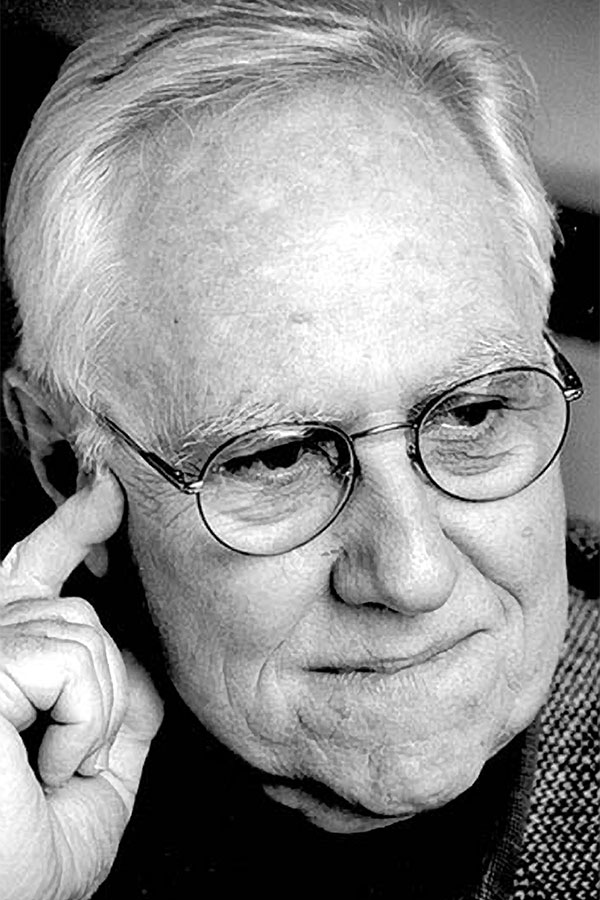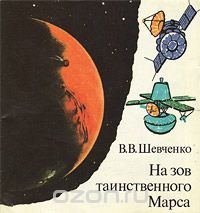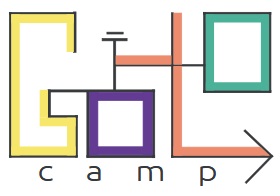Alan Kay (and Habr's collective intelligence): what books form the labor engineer's thinking

As in science, medicine, consulting and in many other areas, I think that in this case there are problems of temperament, as well as knowledge - there is a kind of "vocation" here. And, I think, a kind of "attitude."
A key part of engineering is to do things, especially to do them right away and do them well. Much of the engineering came from “tinkering” (aka “hacking”), adding to this the desire for “fundamental design and creation”, “integrity”, etc. All the great engineers I know personally have deep moral convictions about what they do, and why this "should be done as best as possible." Part of the imposition of temperament on science is a kind of "laboratory rat", which is most happy when it is in the course of an experiment or the creation of a new experimental apparatus.

Henry Petroski is an engineer who has written a number of very good books on engineering , and they should be re-read in order to gain basic knowledge and understand engineering in general.

Another great engineer who writes well is Sam Florman .
')

There are several excellent speeches and an essay by Richard Hamming ... ( note. We are actively translating them here on Habré)
If we make a Venn diagram of the historical progression of “STEM”, we will get a partially duplicate “TEMS”: “Tinkering” (manual labor), “Mechanical Engineering”, “Mathematics” and “Science”. Most modern practitioners get good results in all these areas, and most of the best things are at the intersection of them all. Great do-it-yourself teams are made up of people who do a bit of everything, but are very good specialists in one or two areas. During my career, I experienced the most fun, working with great engineers, and I have engineering experience from high school, which helps a lot (although I am mistaken in science and mathematics).
As for the advice, it is not only about messing with things and doing them, and not only fluently owning all TEMSs, but finding internships and stuff where real things are created, especially heavy things. Much can be learned by observing how experts do their work, and doing something with them.
A big revelation for me was the “attitude” towards the ARPA community. The whole society is simply “accustomed to trusting their imagination and doing everything necessary to make the vision real.” In such a culture, with such confidence and with such a track record, studying is much easier.
MagisterLudi
Recently, I flew to Chita, telling schoolchildren how I came up with the idea of launching a crowdsourcing satellite and building a jetpack, and I, preparing for the performance, threw a list of references, but he was not exactly a schoolboy, but still bring it here:
- Heinrich Altshuller, "Algorithm of the invention"
- Isaac Asimov, everything
- Robert Sheckley, everything
- Neil Stephenson, "Avalanche", "Diamond Age", "Cryptonomicon", "Anafhem"
- Ivan Efremov, The Hour of the Bull and Andromeda Nebula
- Vasily Golovachev, Relikt
- Nick Gorkavy, "Astrovityanka"
- Boris Chertok, "Rockets and People"
- Ben Rich "Skunk Works" ( translation here )
- Walter Isaacson, "Steve Jobs"
- Paul Graham, " Taste is to Creators "
- Richard Hamming, "You and Your Research"
- Mitchell Waldrop, " The Dream Machine: The Story of the Computer Revolution "
Andrei Artischev (CEO in Livemap, General Director in Master of Posture):
Evgeny Bushkov
- Perelman "Entertaining tasks and experiences"
- Nosov "Dunno on the moon"
- Strugatskie "Country of crimson clouds"
Anton Rogachev , Aerospace Laboratory of Moscow State University
- textbook on geometry Pogorelov
- G.P. Schedrovitsky
- Daniel Kahneman
Pavel Kulikov , GoTo project school teacher
- Strugatsky, "Interns"
- Feynman, “You are, of course, joking, Mr. Feynman!”
- Rand, "Atlas Shrugged"
- London, "Martin Eden"
Fedor Falkovsky , GoTo Design School
- M.A.Shtremel "Engineer in the laboratory"
Zelenyikot

Like Avantu praise, but he did not look:
- Great children's encyclopedia. Volume 25. Astronautics
- Encyclopedia for children. Volume 8. Astronomy
Anatoly Shperkh , School of Engineering Thinking LNMO
- J. Gordon "Constructions, or why things do not break"
Anonymus from hackspace
- Lectures by Professor Chaynikov
- Encyclopedia of Professor Fortran
Ivan Moshkin , CEO at the 3D Printing Lab
- magazines "Samodelkin"
Ksenia Gnitko , Information Security Specialist
- ME AND. Perelman "Entertaining tasks and experiments" (7 years)
- B. Green "Elegant Universe" (14 years)
- magazine "Kvant"
Nikolay Abrosimov , Software Development Engineer at NWave
- McConnell "Perfect Code"
- classic K & R book
What would you advise? What influenced your engineering worldview?
About GoTo

- June 17-30, July 15-28, August 12-25 Summer GoTo project schools in the Moscow region.
- Group in VK
- Subscribe to the newsletter
Source: https://habr.com/ru/post/352156/
All Articles